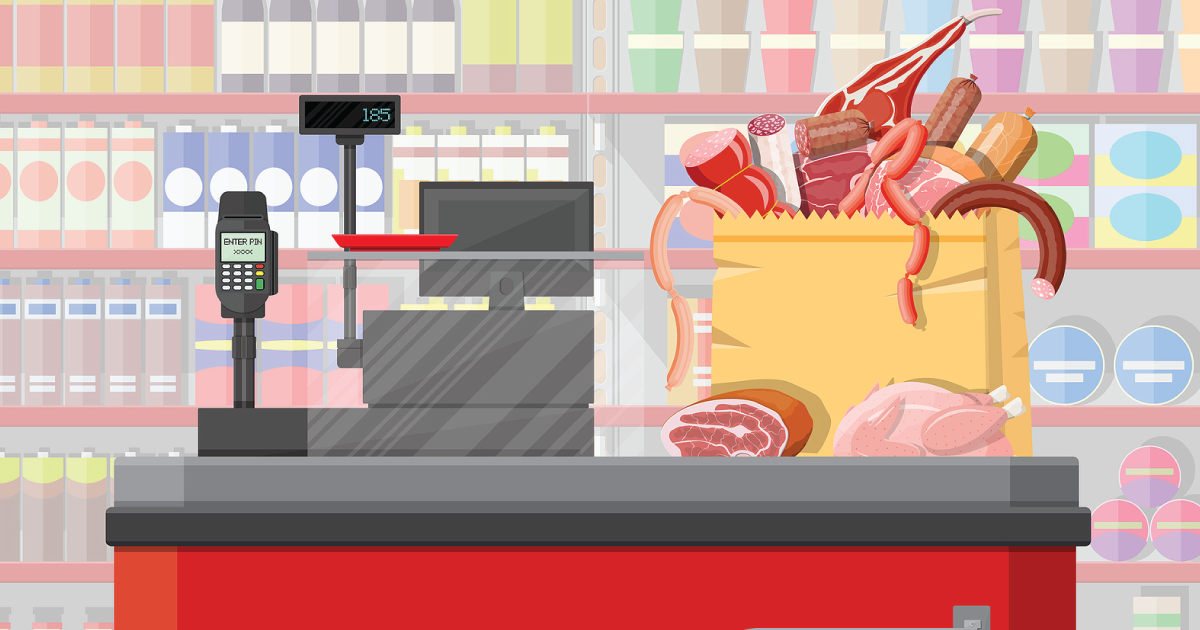
Meatpacking Corporations Cash in on Pandemic While Family Farms and Consumers Foot the Bill
For most Americans, the fallout from the pandemic offered a crash course in how supply chains work (or rather, don’t work), especially in the meat supply. Suddenly grocery stores were rationing how much pork and beef each person could purchase, and consumers could no longer depend on getting the meat they needed at their local store.
August 21, 2020 | Source: High Plains Journal | by
For most Americans, the fallout from the pandemic offered a crash course in how supply chains work (or rather, don’t work), especially in the meat supply. Suddenly grocery stores were rationing how much pork and beef each person could purchase, and consumers could no longer depend on getting the meat they needed at their local store. While the general public may have been shocked to see how quickly the meat supply grinded to a halt, farmers and ranchers, like us, were not.
Just a handful of multinational companies, including Smithfield (China), Tyson (U.S.) and JBS (Brazil), control a critical step in the supply chain for pork and beef slaughter and processing. This industrial system hinges on a small number of massive slaughterhouses and processing plants, and these facilities are uniquely vulnerable to the spread of COVID-19. With hundreds of workers standing shoulder to shoulder during a grueling and frenzied eight-hour shift, it is nearly impossible to practice protective measures like social distancing, which is why more than 17,300 meat and poultry processing workers in 29 states were infected with COVID-19 in April and May alone.
